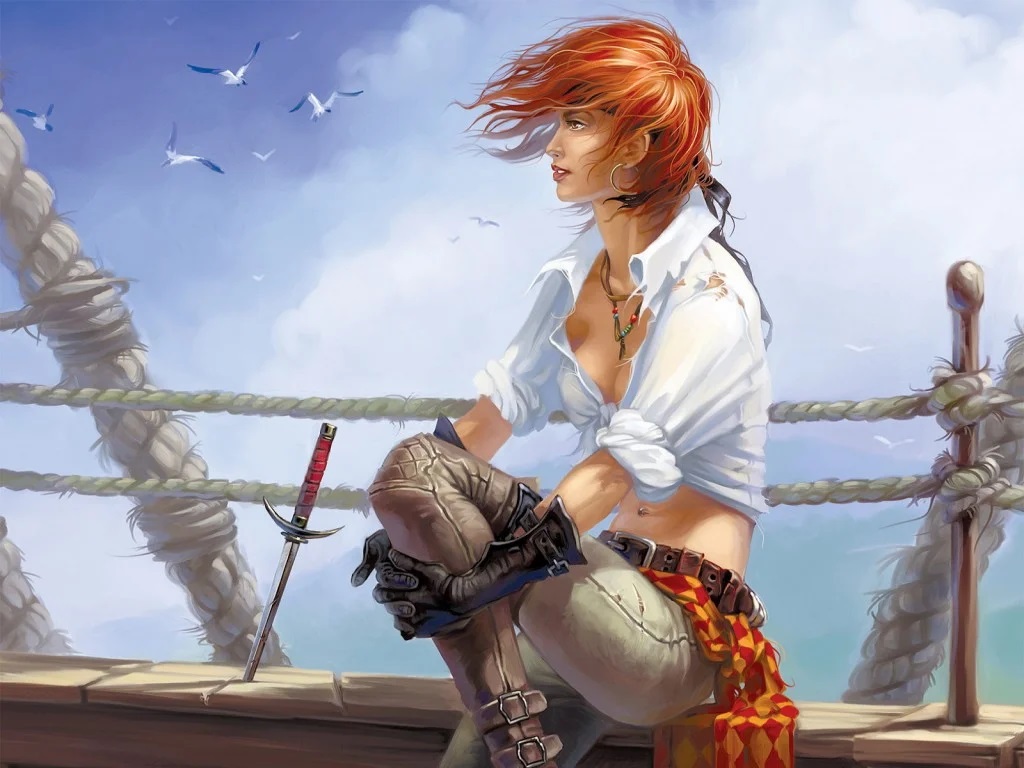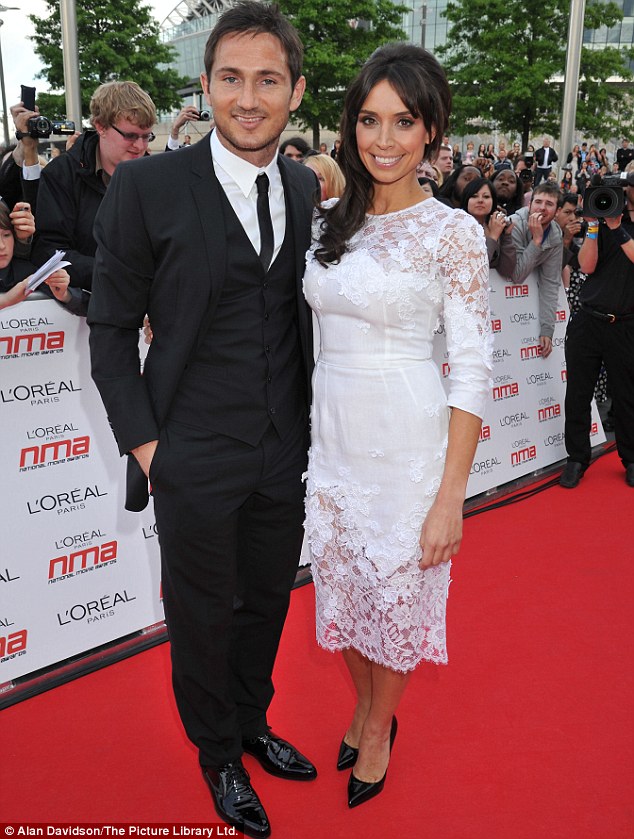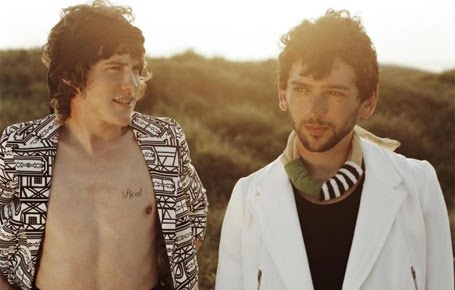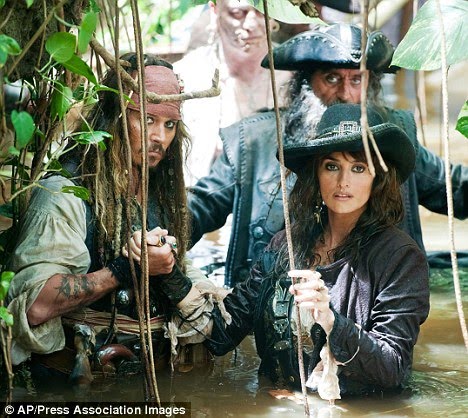Merry Wanderer of the Night [Search results for Movie]
The Bulldogs (based on an underground comic-book)

Trying to drop a hint, Christine? Ms Bleakley arrives at National Movie Awards

Weekly Geeks 2009-27: Best movie adaptations

Where the Wild Things Are

Admit One: My Life in Film

Memory Monday with Kate!: D
Movies and Books

Weekly Geeks 2009-19: Memorial Day/Start of summer
Round-up for Weekly Geeks 2009-10
WG round-up for 2009-27
Weekly Geeks: 2011-11 Books and Movies
It's a Wrap! Weekly Geeks 2011-11: Books and Movies
Favourite Movie Friday with Andrew from MGMT

Penelope Cruz on dream job with Pirates Of The Caribbean star

Weekly Geeks 2009-30
Review: A Scary Scene in a Scary Movie by Matt Blackstone
FTF: Interview with author Jaclyn Dolamore!!
Review & Giveaway: Worst Nightmares by Shane Briant

Guest Post: Ron Returns! Great Graphic Novels
Weekly Geeks 2009-33 Round-up: Many of One